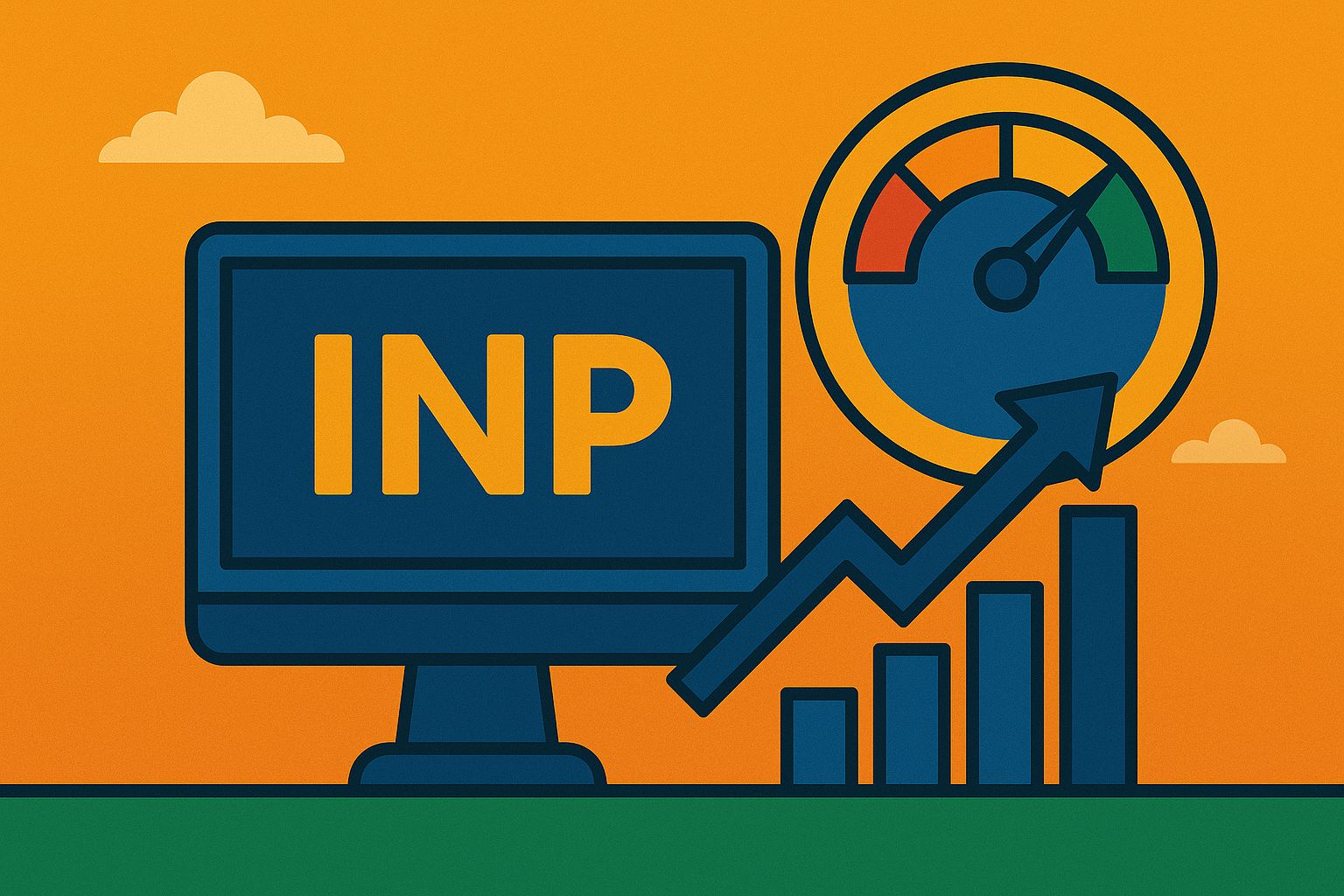Content marketing has evolved into a cornerstone for businesses across industries, especially in B2B (Business-to-Business) sectors. Unlike traditional marketing approaches, content marketing in the B2B domain requires a strategic and targeted methodology. Companies need to engage potential clients, build trust, and demonstrate thought leadership. In this comprehensive guide, we’ll dive into the proven strategies for achieving B2B success through effective content marketing, emphasizing actionable insights, best practices, and examples.
Understanding B2B Content Marketing
B2B (Business-to-Business) content marketing is a strategic approach that focuses on creating and distributing valuable, relevant, and consistent content to attract, engage, and retain a clearly defined audience of businesses. Unlike B2C (Business-to-Consumer) marketing, where the focus is on selling products or services to individual consumers, B2B marketing targets businesses as customers. The content produced in B2B marketing is designed to address the specific needs, challenges, and pain points of businesses, helping them make more informed purchasing decisions.
Here are some fundamental aspects of B2B content marketing that distinguish it from B2C and make it a vital strategy for business growth:
1. Target Audience in B2B Marketing
The target audience in B2B marketing is typically decision-makers within companies. These decision-makers can include executives, managers, or department heads who have the authority to approve purchases for their organization. Unlike B2C, where consumers make quicker, emotional purchase decisions, B2B buyers are more logical and calculated in their approach. They often require in-depth information, data-driven insights, and evidence of ROI before making a purchase decision.
This makes B2B content marketing a longer, more complex process, as the content must cater to different stakeholders involved in the decision-making process. Each stakeholder may have different priorities, so businesses must create content that addresses these varied concerns. For example:
- C-Level Executives: Content should focus on high-level strategies, cost-effectiveness, and potential business impact.
- Managers: Content should provide solutions to operational challenges and improve efficiency.
- Technical Staff: Content should delve into the technical details of the product or service, such as integration, functionality, and performance.
2. Longer Buying Cycles
In B2B markets, the buying cycle is generally much longer compared to B2C. This is because the decision-making process in a B2B context often involves multiple stakeholders, larger budgets, and a greater need for research and validation. Purchases typically require approval from various levels of management, and businesses conduct extensive research before committing to a solution. As a result, B2B content marketing must nurture leads over time, ensuring continuous engagement at each stage of the buying journey.
For instance, the buying cycle can involve the following stages:
- Awareness: The business identifies a need or a problem.
- Consideration: The business evaluates different solutions, comparing options.
- Decision: The business makes a purchase decision after thorough research.
During each of these stages, relevant content must be provided to guide the prospect toward making an informed decision. Blog posts, whitepapers, case studies, and webinars are just a few of the content types that can keep potential clients engaged throughout this process.
3. Focus on Building Relationships and Trust
B2B marketing is more relationship-focused than B2C. In B2B, it’s not just about making a one-time sale but about building long-term relationships that lead to repeat business and loyalty. Businesses need to trust their suppliers or service providers to deliver high-quality solutions consistently. Content marketing plays a critical role in building this trust by demonstrating expertise, thought leadership, and reliability.
To build these relationships, B2B content must:
- Educate: Offer insights and knowledge that help businesses improve their operations.
- Solve Problems: Address specific challenges that target businesses face and provide actionable solutions.
- Provide Value: Show how your product or service adds value to the client’s business, such as improving efficiency, reducing costs, or enhancing performance.
Thought leadership content, such as in-depth articles, research reports, and expert interviews, can establish your brand as a trusted authority in the industry. Sharing success stories and case studies of how your products or services helped other companies can further reinforce your reputation and encourage potential customers to trust your business.
4. Content Types that Drive B2B Success
B2B content marketing relies heavily on specific content types that provide detailed information, case studies, and expert knowledge. While B2C marketing might lean on emotional triggers through short-form content like social media posts or ads, B2B requires content that offers real value and supports logical decision-making.
Here are some of the most effective content formats in B2B marketing:
- Whitepapers: These are in-depth, authoritative reports or guides that address specific business problems and present data-backed solutions. Whitepapers help demonstrate a company’s expertise and attract leads who are looking for credible sources of information.
- Case Studies: Case studies showcase real-world examples of how your product or service has helped another business. These are particularly effective in building credibility and trust, as they show tangible results.
- Ebooks: Ebooks are similar to whitepapers but are often more comprehensive, covering a broader topic or series of topics. They are often used as lead magnets to encourage potential clients to exchange contact details for access to valuable insights.
- Webinars and Videos: Video content has grown in importance for B2B marketers. Webinars, product demos, and explainer videos allow potential customers to see your product in action and understand how it can benefit their business.
- Blogs and Articles: Regularly publishing high-quality blog posts and articles keeps your business top-of-mind and showcases your industry knowledge. These posts should cover industry trends, product innovations, and tips to help businesses solve specific challenges.
5. Nurturing Leads with Educational Content
One of the primary objectives of B2B content marketing is nurturing leads through the sales funnel. Unlike B2C, where impulse buying can be more common, B2B marketing must work diligently to cultivate relationships with potential clients over time. This nurturing process is achieved by consistently delivering educational content that addresses pain points and presents your business as the best solution.
For example, a lead who downloads a whitepaper might not be ready to make a purchase immediately. However, by following up with targeted email campaigns that deliver additional relevant content—such as blog posts, product demonstrations, or case studies—you can keep that lead engaged and move them closer to making a buying decision.
This process, often referred to as lead nurturing, is critical in B2B, where the average time from first engagement to sale can range from weeks to months. By building a relationship with potential clients through ongoing education and communication, you increase the likelihood of converting them into loyal customers.
6. Emphasis on Data-Driven Decisions
B2B marketers rely heavily on data to inform their content strategy and measure success. Data plays a central role in identifying which content resonates most with the target audience, understanding the buyer’s journey, and optimizing campaigns to improve conversion rates.
For example, B2B content marketers use data to:
- Analyze Content Performance: Tools like Google Analytics, HubSpot, or SEMrush can provide insights into how different types of content are performing, allowing marketers to identify what works and what doesn’t.
- Understand Audience Behavior: Data helps in tracking how visitors engage with your content, including what they read, how long they stay on the page, and which pieces of content lead to conversions.
- Personalize Content Delivery: Data allows marketers to segment their audience and personalize the content they deliver based on user behavior, preferences, and buying stage. This improves engagement and helps move leads through the funnel more efficiently.
7. Personalization in B2B Content Marketing
Personalization is becoming an increasingly critical factor in B2B content marketing. Businesses now expect content tailored specifically to their industry, company size, or unique challenges. A one-size-fits-all approach is no longer effective, as personalized content demonstrates a deep understanding of the prospect’s needs and builds stronger connections.
Personalization can take several forms in B2B content marketing:
- Industry-Specific Content: Creating content that speaks directly to businesses in specific industries (e.g., healthcare, finance, manufacturing) can help establish relevance and credibility.
- Account-Based Marketing (ABM): ABM is a strategy where marketing efforts are focused on individual accounts (i.e., specific companies). This approach often involves creating custom content for each account, such as personalized case studies, whitepapers, or product demos.
- Tailored Email Campaigns: By segmenting email lists based on industry, job role, or stage in the buyer’s journey, B2B marketers can send highly relevant content to each group, increasing engagement and conversions.
8. Building Long-Term Value and ROI
Effective B2B content marketing isn’t just about short-term lead generation; it’s about building long-term value. Businesses are looking for partners, not just vendors, and they expect content that continually adds value over time. This is where B2B content marketing plays a vital role in building customer loyalty and driving repeat business.
By focusing on creating evergreen content—content that remains relevant and valuable for an extended period—businesses can ensure that their marketing efforts continue to deliver ROI. Regular updates to your content based on new industry trends, technological advancements, and customer feedback help maintain its relevance and ensure ongoing engagement with your target audience.
Conclusion
Effective content marketing for B2B success is built on understanding the target audience, creating high-value content, and aligning it with each stage of the buyer’s journey. By defining clear goals, producing authoritative and relevant content, and leveraging data and analytics, businesses can drive sustained engagement and conversions. Moreover, staying flexible and adapting to new trends and technologies ensures that your B2B content marketing strategy remains cutting-edge in a rapidly changing environment.




